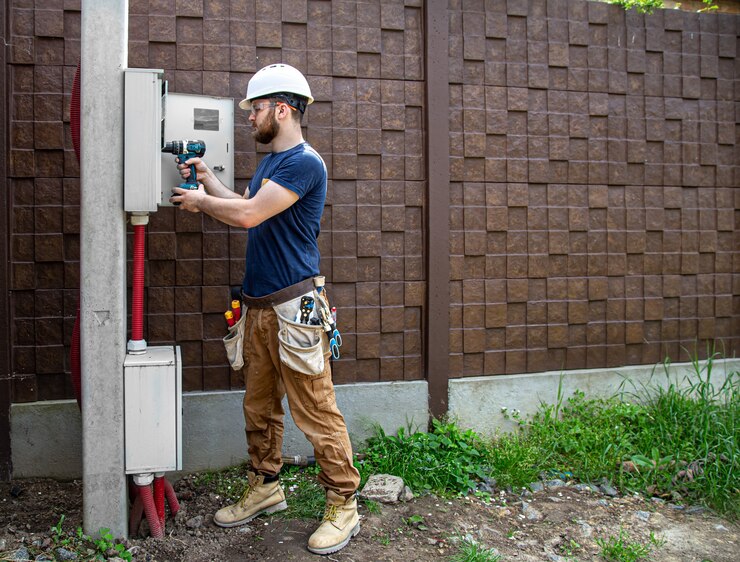Power Up Your Preparedness: Why Every Home Needs a Standby Generator
Why a Standby Generator is Essential
A standby generator is essential in today’s unpredictable power outages. It ensures continuous power supply to homes and businesses by automatically kicking in during power interruptions and maintaining vital systems like refrigeration, heating, and medical devices. These generators prevent inconvenience and financial losses from spoiled food halted business operations, and damaged equipment. A standby generator in our increasingly digital society ensures that communication and security systems remain operational during storms, natural disasters, or grid failures. Investing in a standby generator enhances resilience and reliability in the face of power uncertainties. Generac generator installation can safeguard your home against these unexpected disruptions.
Benefits of a Standby Generator
A standby generator offers numerous benefits, including uninterrupted power supply for essential appliances, preventing food spoilage, maintaining indoor air quality, and ensuring family safety. It also provides peace of mind during natural disasters or severe weather events, allowing homeowners to focus on other important matters. Standby generators also increase the value of a home, making it attractive to potential buyers who prioritize reliability and preparedness. Studies show that homes with standby generators fetch higher market prices and have a better chance of selling quickly. Insurance companies may offer lower premiums for houses with backup power solutions, recognizing the reduced risk of claims related to power outages.
Choosing the Right Generator
Consider factors like power output, fuel type, and household needs when choosing a standby generator. Natural gas, propane, or diesel generators are standard, each with pros and cons. Natural gas generators are more convenient and consistent, while diesel generators are known for efficiency and longer runtimes. Essential factors include brand reputation, maintenance requirements, and installation convenience. The right generator should be reliable, easy to maintain, and backed by a reputable manufacturer. Research and consulting with professionals can help make an informed decision. Additionally, it’s important to understand what does an uninterruptible power supply do to ensure you have a comprehensive backup power strategy in place. Consider the generator’s noise level, as some models may require additional installation or sound-dampening measures.
Proper standby generator installation is crucial for its safe and efficient operation. Hire a licensed electrician to ensure correct electrical connections. To avoid exhaust fumes, place the generator in a well-ventilated area apart from windows, doors, and vents. It should be situated on a level, sturdy surface to make service and maintenance easier. The generator’s lifespan is increased by routine testing and inspections, which also help spot possible problems before they become serious. Adhere to local building codes or regulations for generator installations. Proper installation enhances the generator’s safety and reduces the risk of accidents or malfunctions.
Maintenance and Troubleshooting
Maintaining your standby generator involves routine tasks such as checking and changing the oil, inspecting air filters, and testing the battery. It’s also a good idea to run the generator periodically, even when not needed, to ensure it remains in good working condition. The regular operation helps prevent fuel deterioration and keeps internal components lubricated and ready for action when needed.
In case of issues, consult the generator’s manual for troubleshooting steps or contact a professional technician. Routine maintenance ultimately protects your investment by extending its lifespan and ensuring that your generator is always ready to go. Keep a log of maintenance activities and any repairs performed to maintain the generator’s condition and schedule timely interventions.







